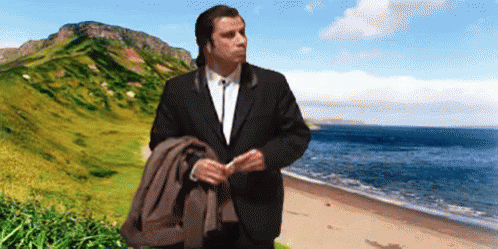Approaching ‘Dieting’
Some weekend thoughts on approaching ‘dieting’
Dieting is a fairly complicated topic.
The execution can be relatively simple, but it’s often not ‘easy’.
Today I’m going to talk about a few things I think matter for establishing a baseline and starting point.
1) Where are you now?
2) How much energy (effort) can you sustain?
3) Where do you start?
Where are you now?
Losing 50kg’s is different than losing 5kg’s this is obvious of course, but what’s required to shift smaller amounts of body weight (or fat specifically) requires different approaches.
When you have more weight to lose, the needle is easier to move with less precision effort.
When you’re trying to lose the last little bit of stubborn fat, you typically need more precision.
Working out where you are now allows you to formulate a plan, If you are 30% BF and you want to reach 10% bodyfat, you need a plan.
Knowing where you now, and where you want to go allows you to create that plan.
How much effort can you sustain
Changing dietary practices can be difficult.
We normally don’t plan for all the eating that we happen to do.
The little snacks, the bars of chocolate, the extra glass of wine.
Feeling extra stuffed after takeaway and those sultry portion sizes.
The reality of changing the diet is that it requires constant sustained effort, at least at the start.
You have to learn about calories, you have to come up with a plan to be fed well so you don’t end up snacking, You have to learn to not eat until you’re stuffed all the time.
You have to learn to sustain a practice of steady calories in a slight deficit.
A steadily sustained deficit of 500 calories will see you lose .4kg a week, a steady and sustainable deficit achievable by everyone with a little preparation.
There’s a spectrum to learning to eat healthy, on one side there’s the religious zealot, carefully weighing and logging food, on the other side there’s the jester ignoring it entirely.
Being realistic about how much energy you can sustain can give you clues as to how you should start.
Where do you start
If you’re not ready to start learning about calories, tracking and planning food that’s understandable. It’s seemingly daunting at the start, It takes commitment daily to work it out.
We talk with our clients about working through habits across time, spending a few weeks just working on 1 step at a time. Eating protein at every meal, getting vegetables and fruit consumption up, hydrating, sleeping. Progressively building up on each habit, slowly anchoring new skills.
You can find our 22-week habit-building program here, we’re giving it away for free for the month of October (link)
For many, just getting protein at every meal, eating some fruits and vegetables, and hydrating moves the needle without having to start delving into anything too specific, if or when you find the energy to learn more, then we progress onto other methods.
If you can get changes without having to overhaul everything, that’s perfect.
Sometimes though if you’re not making the progress you want, you might have to properly evaluate the situation. Sometimes the reality of the situation is that you just need to see what the heck is going on.
Maybe you’re ready for a deeper dive.
In these cases, we suggest the 3-day snapshot. Taking a 3-day food record on myfitnesspal or alike. Usually a Thursday, Friday and Saturday or a Sunday, Monday, Tuesday. You record the 3 days of food to see what your diet actually looks like.
You’ll discover how many calories you consumed (total energy), the composition of your diet (Fat, Protein, Carbohydrates) and you’ll be able to work out whether it's under or over how many calories you should be consuming to lose (or gain) weight.
You can use a simple calculator to work out how many calories you should be consuming to compare (I like the James Smith Academy one – it’s free).
As I mentioned, ideally you have a small sustainable deficit– and consistently eat within 5% of the suggested calories for weight loss. If you can sustain this practice over time, you’ll reach your goal with little trouble.
The difficulty that many suffer is almost always self-created. It’s a simple process, the hard part is implementing it consistently, and that’s on you.
Some things that help:
Consistently eat across the day, don’t skip meals
Only shoot for a small deficit, big deficit hero’s can’t sustain the practice
EAT PROTEIN AT EVERY MEAL – this will make your life much easier
Protein shakes are a good way to increase overall protein which may be higher than many are used to.
Losing weight is a simple process, but not always easy.
Acknowledge how much work you can put in,
Decide on a course of action then do it,
Don’t start tomorrow, when you can start right now.




